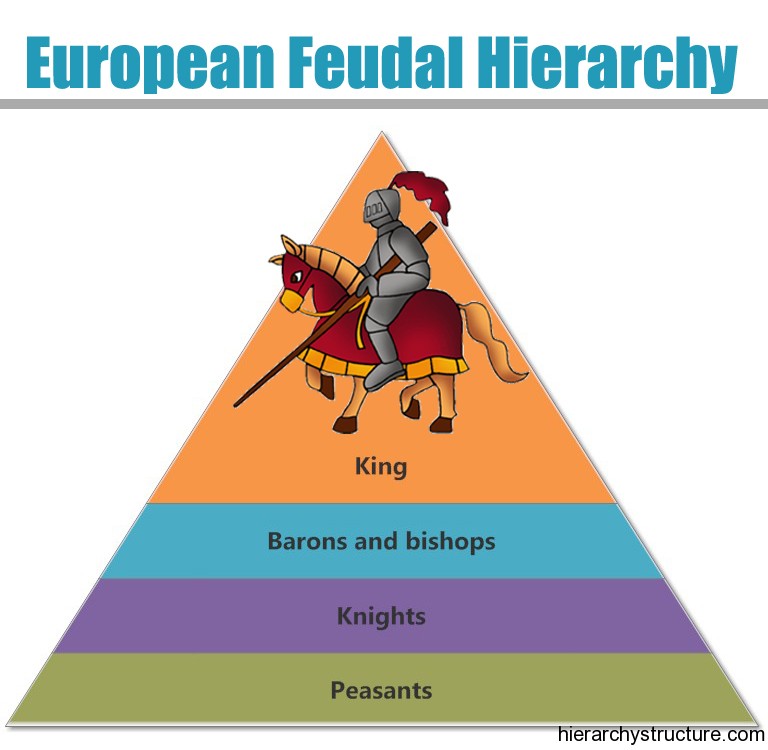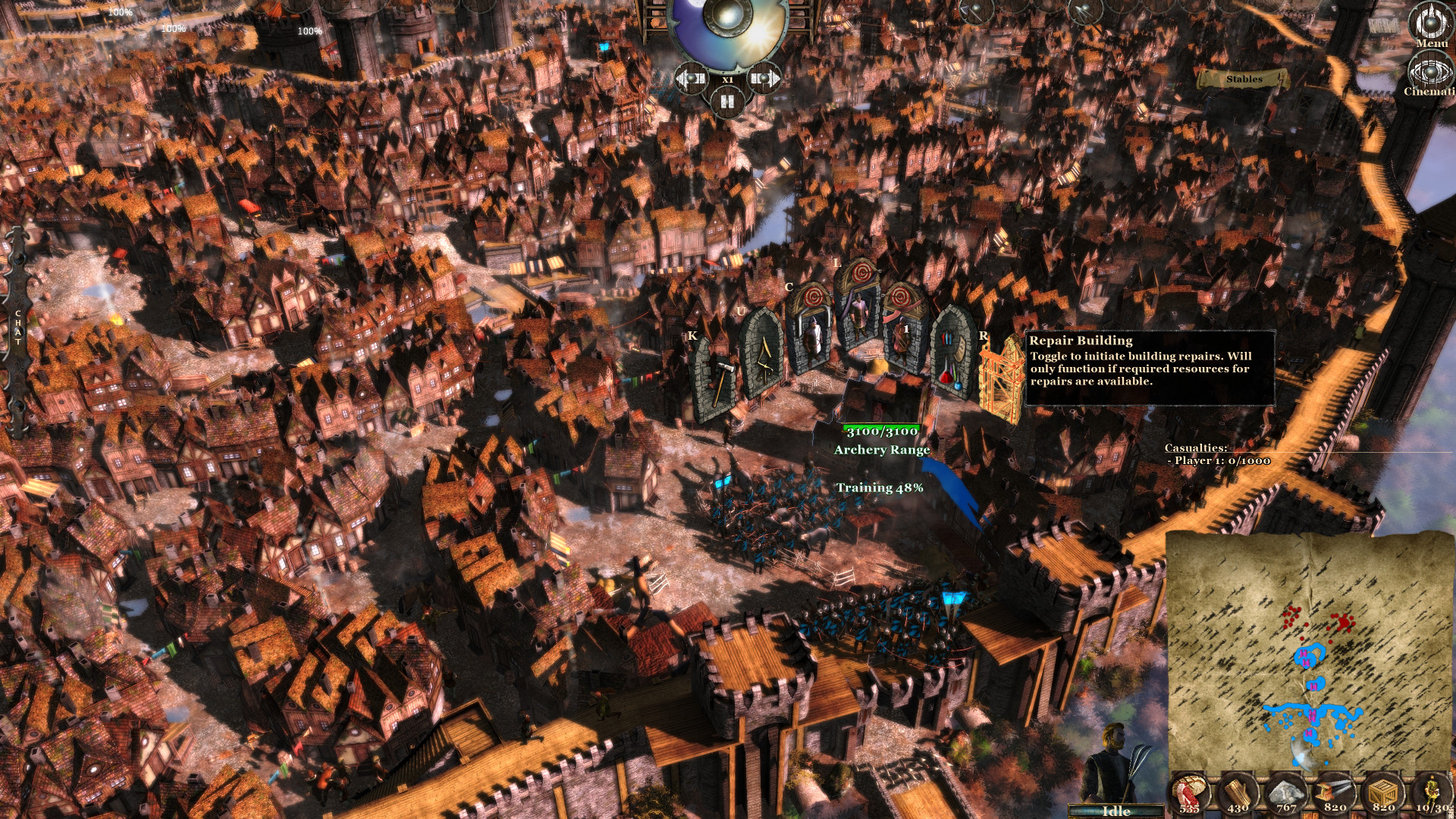

Under the Zhou, culture flourished and civilization spread. This mandate would later be often manipulated by various rulers entrusting succession to unworthy progeny. Rule could be passed from father to son but only if the child possessed the necessary virtue to rule. Further, it was stipulated that there could be only one legitimate ruler of China and that his rule should be legitimized by his proper conduct as a steward of the lands entrusted him by heaven. When the government no longer served the will of the gods, that government would be overthrown. The Mandate of Heaven was thus defined as the gods' blessing on a just ruler and rule by divine mandate. The Mandate of Heaven was invoked by Wu and his family to legitimize the revolt as he felt the Shang were no longer acting in the interests of the people and so had forfeited the mandate between the monarchy and the god of law, order, and justice, Shangti. Wu rebelled against the ruling Shang after the king of Shang killed his older brother unjustly. 1046-771 BCE marks the Western Zhou Period while 771-256 BCE marks the Eastern Zhou Period. 1046-1043 BCE), of the province of Zhou, rebelled against King Zhou of Shang and defeated his forces at the Battle of Muye, establishing the Zhou Dynasty (1046- 256 BCE). The Zhou DynastyĪround the year 1046 BCE, King Wu (r. Although the famous Mandate of Heaven was developed by the later Zhou Dynasty, the idea of linking a just ruler with divine will has its roots in the beliefs fostered by the Shang. The king, in addition to his secular duties, served as chief officiate and mediator between the living and the dead and his rule was considered ordained by divine law. What is known is that he was the ruler, or at least a very important personage, in the kingdom of Shang who, around 1600 BCE, led a revolt against Jie and defeated his forces at the Battle of Mingtiao. The dates popularly assigned to him (1675-1646 BCE) do not in any way correspond to the known events in which he took part and must be considered erroneous. Yu's son, Qi, ruled after him and power remained in the hands of the family until the last Xia ruler, Jie, was overthrown by Tang who established the Shang Dynasty (1600-1046 BCE).


The ruling class and the elite lived in urban clusters while the peasant population, which supported the elite's lifestyle, remained largely agrarian, living in rural areas. Yu established the hereditary system of succession and thereby the concept of dynasty which has become most familiar. Writing developed under the Shang Dynasty as well as bronze metallurgy, architecture, & religion.Īfter he had controlled the flooding, Yu conquered the Sanmiao tribes and was named successor (by the then-ruler, Shun), reigning until his death. This challenge is considered plausible due to genetic links between the Shu Ape fossil and both advanced and lower primates, standing, then, as a 'missing link' in the evolutionary process. Its discovery posed a great challenge to the theory of African origin of the human race" (). "The Shu Ape, a primate weighing only 100 to 150 grams and being similar to a mouse in size, lived in the Middle Eocene Epoch 4.5 to 4 million years ago. While it is commonly accepted that human beings originated in Africa and then migrated to other points around the globe, China's paleoanthropologists "support the theory of 'regional evolution' of the origin of man" () which claims an independent basis for the birth of human beings.
ANCIENT CHINESE FEUDAL KINGDOMS HOW TO
Evidence uncovered with these finds shows that these early inhabitants knew how to fashion stone tools and use fire. Peking Man, a skull fossil discovered in 1927 CE near Beijing, lived in the area between 700,000 to 300,000 years ago, and Yuanmou Man, whose remains were found in Yuanmou in 1965 CE, inhabited the land 1.7 million years ago. Well before the advent of recognizable civilization in the region, the land was occupied by hominids.


 0 kommentar(er)
0 kommentar(er)
